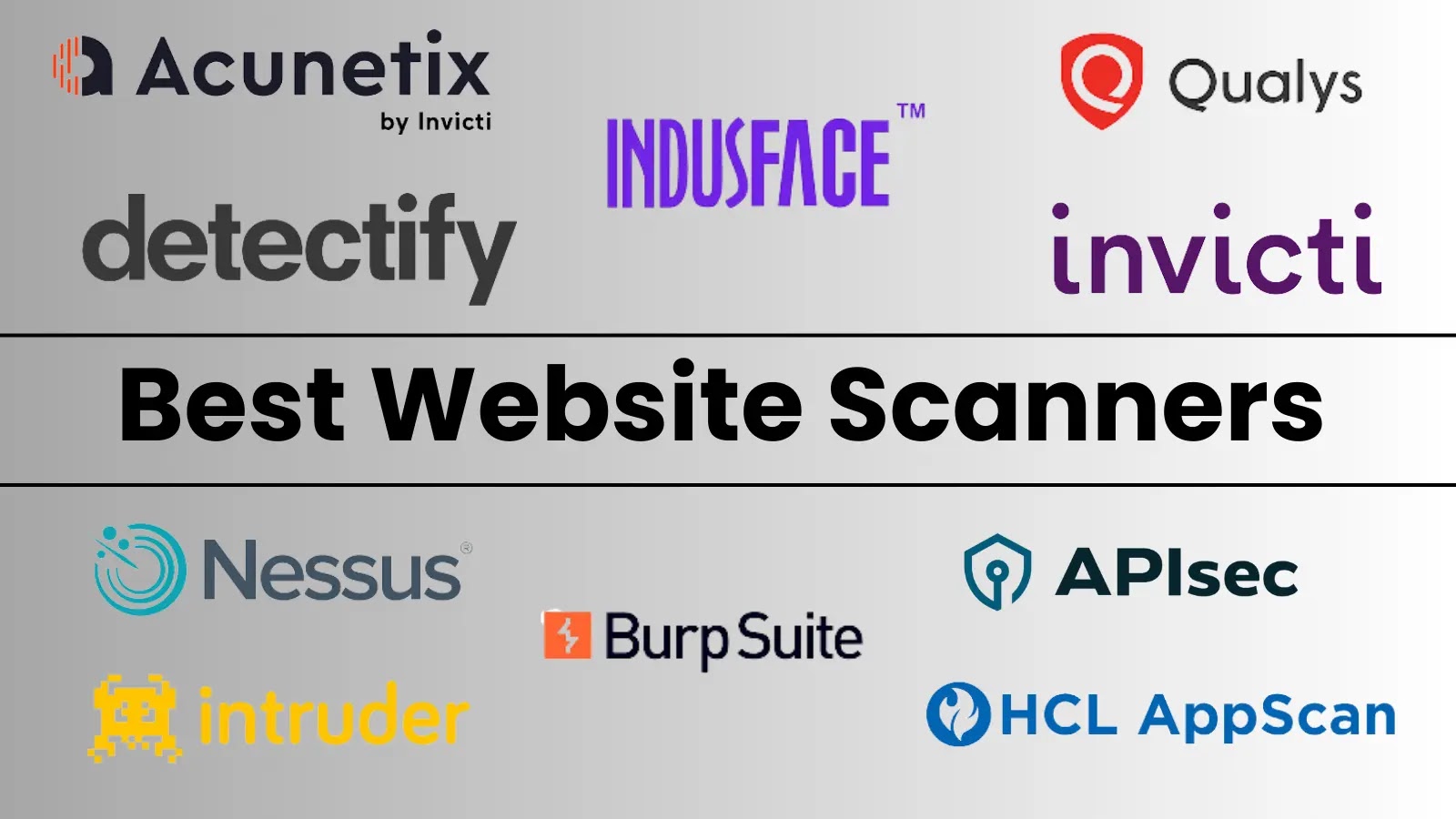A moderate-severity vulnerability, identified as CVE-2025-2848, has been discovered in Synology Mail Server, potentially allowing remote authenticated attackers to manipulate system configurations. This flaw affects multiple versions of the widely used mail server software, prompting Synology to release critical security patches.
Understanding the Vulnerability
CVE-2025-2848 enables remote authenticated attackers to read and write non-sensitive settings and disable certain non-critical functions without user interaction. Synology has assigned this vulnerability a CVSS Base Score of 6.3, indicating moderate severity with potential impacts on confidentiality, integrity, and availability. The CVSS vector is CVSS:3.1/AV:N/AC:L/PR:L/UI:N/S:U/C:L/I:L/A:L.
Security researcher Chanin Kim discovered and reported the vulnerability to Synology through their responsible disclosure program. While full technical details are withheld until widespread patching occurs, such vulnerabilities typically involve improper access control mechanisms, allowing authenticated users to access or modify configuration settings beyond their intended privileges.
Affected Products and Remediation
The vulnerability impacts the following Synology Mail Server versions:
– Synology Mail Server for DSM 7.2 (fixed in version 1.7.6-20676 or above)
– Synology Mail Server for DSM 7.1 (fixed in version 1.7.6-10676 or above)
Users are strongly advised to update their mail server installations immediately, as no alternative mitigation strategies have been identified. The software update is the only effective protection against potential exploitation.
Broader Context and Security Measures
This security issue arises amid ongoing cybersecurity concerns for network-attached storage (NAS) devices and related services. In 2024, Synology addressed 13 security vulnerabilities across its product line. Earlier this year, the company patched multiple vulnerabilities in its SRM (Synology Router Manager) software that allowed authenticated users to read or write non-sensitive files.
Synology has historically been proactive in addressing security flaws. Last year, Taiwanese security firm QI-ANXIN Group’s Codesafe Team identified multiple vulnerabilities in Synology products, demonstrating the ongoing attention these systems receive from security researchers.
Recommended Actions for Users
To safeguard against potential exploitation, Synology product users should:
1. Update Software: Immediately update to the patched versions specified in the advisory.
2. Implement Additional Security Measures: Consider implementing additional security measures like geo-blocking to limit access to authorized regions.
3. Enable Two-Factor Authentication: Enable two-factor authentication for all administrator accounts.
4. Configure Security Notifications: Configure automatic security notifications to stay informed of failed login attempts or unusual activities.
Synology follows responsible disclosure practices and does not publicly announce security vulnerabilities until fixes are available. As with all security updates, administrators should test the patched versions in non-production environments before deploying them to critical systems.



